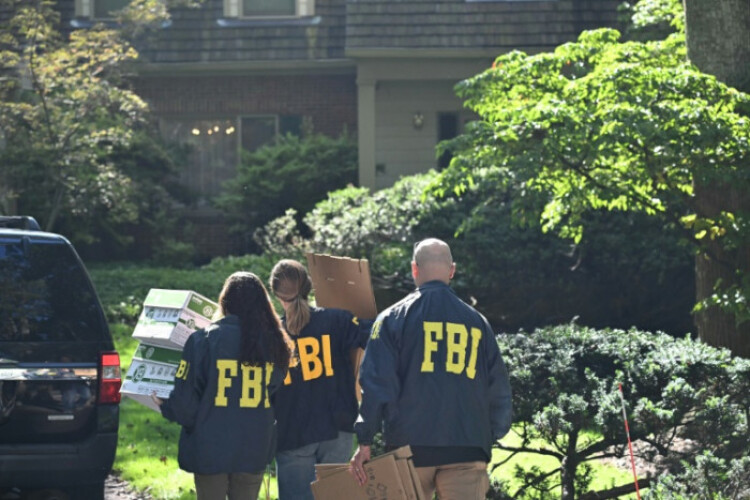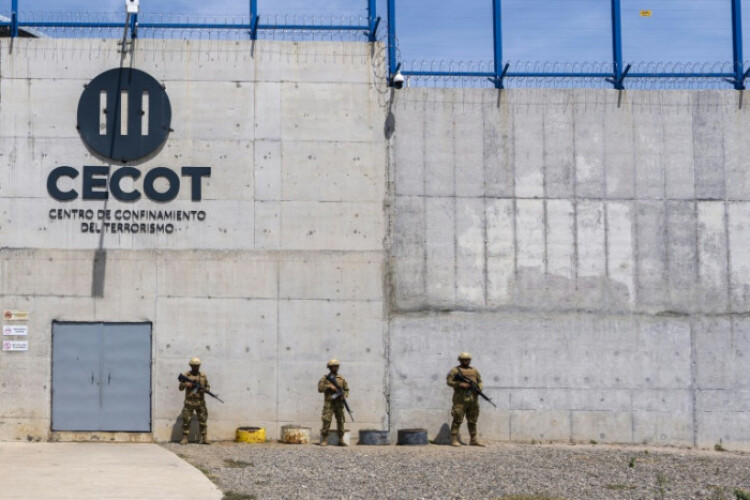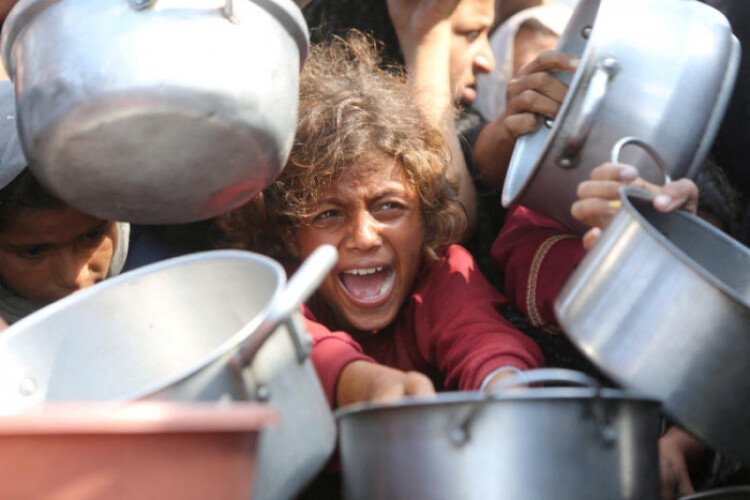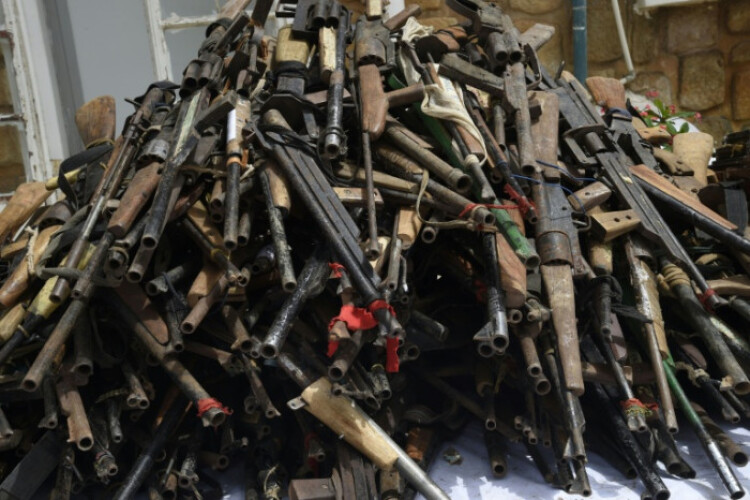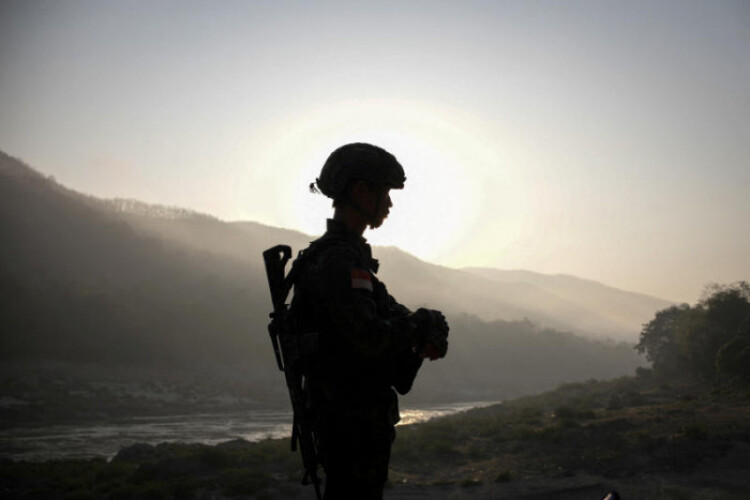
YANGON - Chinese Premier Li Qiang pledged to support Myanmar’s government during a rare sit-down with junta chief Min Aung Hlaing, a sign Beijing is seeking to stabilise a regime losing ground in a worsening civil conflict.
"China supports Myanmar in advancing the political reconciliation and transformation," Li said during the meeting Wednesday in Kunming, in southwestern China, according to the official Xinhua News Agency. Beijing also "stands ready to work with Myanmar" to advance its interests in the country, Li said, including via an economic corridor and projects under the Belt and Road infrastructure initiative.
Min Aung Hlaing pledged to protect interests of China during the talks, Myanmar’s ruling State Administration Council said in a statement. Both leaders also discussed the resumption of border trade, which has been suspended due to intensifying clashes.
The junta leader was making his first official visit to China since his forces toppled the government in a coup in 2021, arresting its civilian leadership, including pro-democracy figure Aung San Suu Kyi. Since then, the regime has suffered unprecedented territorial losses to ethnic armed groups along Myanmar’s northern border with China.
The United States has sanctioned people and entities linked to Myanmar's military, and President Joe Biden has warned that "further costs" will be imposed if the junta doesn’t hold elections.
The meeting comes weeks after the Chinese consulate in Mandalay, Myanmar's second-biggest city, was attacked with an explosive device. It’s unclear who carried out the attack, and Beijing demanded an inquiry. The incident underscored the challenges China faces in balancing its relationships with the junta and ethnic groups, with whom the Chinese also have considerable influence.
Earlier this week, pro-democracy forces and some ethnic groups criticised China for hosting Min Aung Hlaing, and said attempts to pressure them into ending the fighting would fail.
In addition to its losses in the north, recent reports show the junta is on the verge of being expelled from the western-most state bordering Bangladesh. Others show it has lost control of townships covering about 86% of the country, raising questions over how long the generals can retain power.
"China supports Myanmar in advancing the political reconciliation and transformation," Li said during the meeting Wednesday in Kunming, in southwestern China, according to the official Xinhua News Agency. Beijing also "stands ready to work with Myanmar" to advance its interests in the country, Li said, including via an economic corridor and projects under the Belt and Road infrastructure initiative.
Min Aung Hlaing pledged to protect interests of China during the talks, Myanmar’s ruling State Administration Council said in a statement. Both leaders also discussed the resumption of border trade, which has been suspended due to intensifying clashes.
The junta leader was making his first official visit to China since his forces toppled the government in a coup in 2021, arresting its civilian leadership, including pro-democracy figure Aung San Suu Kyi. Since then, the regime has suffered unprecedented territorial losses to ethnic armed groups along Myanmar’s northern border with China.
The United States has sanctioned people and entities linked to Myanmar's military, and President Joe Biden has warned that "further costs" will be imposed if the junta doesn’t hold elections.
The meeting comes weeks after the Chinese consulate in Mandalay, Myanmar's second-biggest city, was attacked with an explosive device. It’s unclear who carried out the attack, and Beijing demanded an inquiry. The incident underscored the challenges China faces in balancing its relationships with the junta and ethnic groups, with whom the Chinese also have considerable influence.
Earlier this week, pro-democracy forces and some ethnic groups criticised China for hosting Min Aung Hlaing, and said attempts to pressure them into ending the fighting would fail.
In addition to its losses in the north, recent reports show the junta is on the verge of being expelled from the western-most state bordering Bangladesh. Others show it has lost control of townships covering about 86% of the country, raising questions over how long the generals can retain power.

